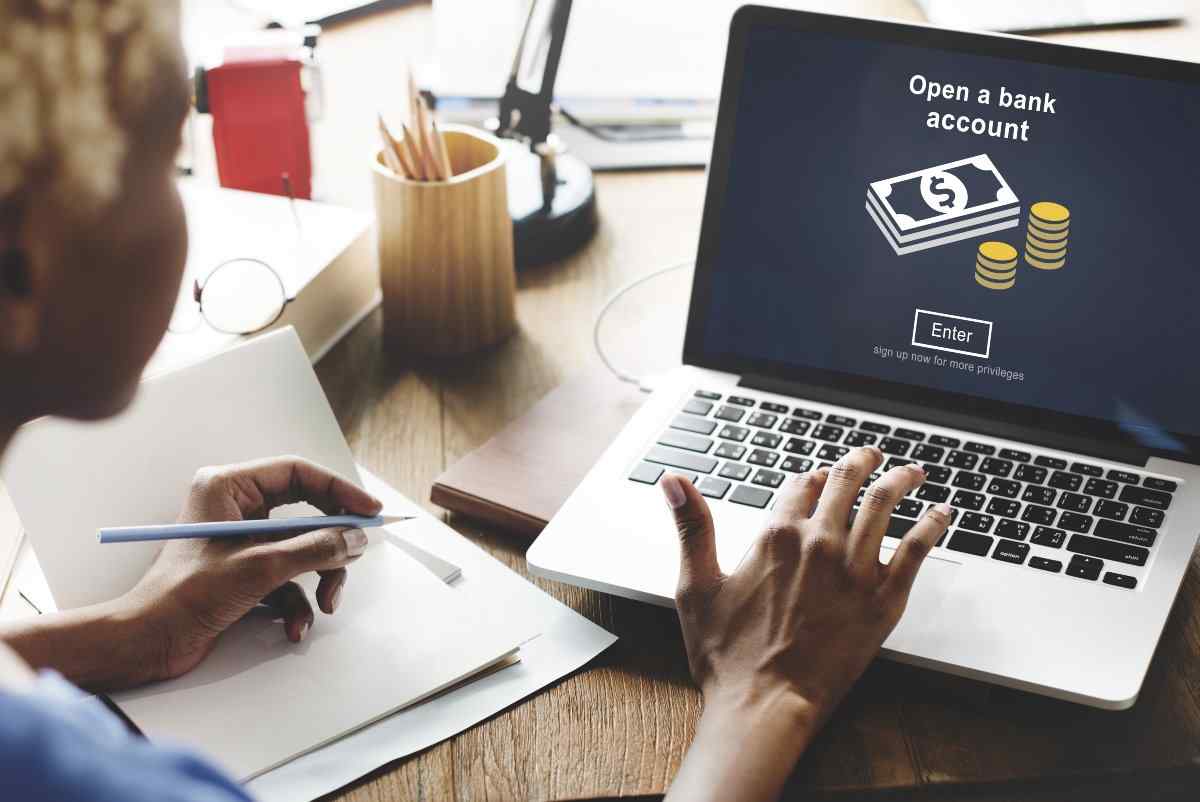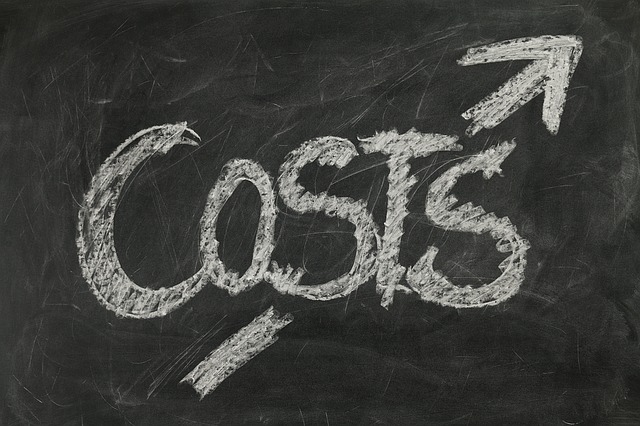Financial Freedom vs. Financial Independence
Financial freedom and financial independence are usually used interchangeably, but they don’t necessarily have the same definition in personal finance. Financial independence is simply a threshold you achieve when you start paying for all your expenses yourself. Conversely, financial freedom is a shift in mindset when the price of items no longer guides you.
Let’s explore the differences between financial freedom vs. financial independence and what it takes to become financially independent and free.
What Is Financial Freedom?
Financial freedom refers to a state of mind when you stop constantly worrying about money. Being financially free means that money no longer drives your decisions, and you start concentrating more on the value a given purchase brings to you.
Financial freedom isn’t about how much money you make but how much you’re able to spend and save. To fully understand the concept of what does financial freedom mean, let’s look at the following three simple terms:
- Price - the amount of money you spend on something
- Cost - the overall impact of what you spend
- Value - the satisfaction and happiness that a purchase brings to you
How to Reach Financial Freedom
 Once value becomes a higher priority for you than cost and price, you reach financial freedom. Here are a couple of ways that can help you get closer to financial freedom:
Once value becomes a higher priority for you than cost and price, you reach financial freedom. Here are a couple of ways that can help you get closer to financial freedom:
Build an Emergency Fund
One of the checklists of financial freedom is not stressing over unexpected spending because you have enough cash saved for emergencies. Unfortunately, according to Bankrate.com, only half of Americans have more emergency savings than credit card debt. This means that half of the country is technically still far from being financially free.
Nevertheless, having an emergency fund set aside can help you get through difficult financial situations without worrying about a lack of money for the future. Here are a few tips on how you can save money for emergencies:
- Allocate a certain percentage of your monthly income to your emergency fund. For instance, you can start with 10% and adjust if you need to save more quickly.
- Contribute small portions of your monthly paycheck instead of a single large deposit. Also, consider setting up autopay, so you don’t have to worry about manually transferring the funds to your savings account.
- Open a bank account dedicated specifically to the emergency fund. You can open a savings account at a separate bank from your checking account to make accessing your emergency fund harder, in turn reducing your inclination to spend.
- Use your fund only for emergencies.
Diversify Your Income Streams
Given the tumultuous post-pandemic economy, people don’t have the same level of job security as before. Luckily, globalization has provided many opportunities to find remote work and side hustles wherever you are. For instance, you can turn to Fiverr and Upwork to find extra flexible work by giving you the freedom to set your rates, hours, and projects. Popular services include graphic design, illustration, video editing, translation, web programming, consulting, and data analysis.
Save For Retirement Regularly
The sooner you start saving for retirement, the more money you will accumulate and withdraw when you retire. If your employer offers a retirement plan, sign up and make full use of all contribution benefits. Some employers also offer matching programs where they contribute a certain amount to your retirement savings plan based on your annual contribution.
Even if you are contributing a small sum, you will still receive a larger return on investment than a regular savings plan. This is because your contributions are combined with your employer’s. Additionally, retirement accounts have an annual interest rate of 5% to 8% compared to a traditional savings interest rate of less than 1%.
What Is Financial Independence?
Financial independence is achieved when your revenues, assets, and passive income are enough to cover your daily expenses and let you enjoy life a bit more. It can also be described as being entirely dependent on your earned income and not relying on anyone else for assistance.
In a sense, financial independence is usually a checkmark you achieve on your way to financial freedom. When you have enough money to pay all your bills yourself and other activities that make you happy, whether going on vacation or buying the same coffee from your favorite coffee shop every day, you can be considered financially independent.
How to Reach Financial Independence
 Do you ever wonder: what does it mean to be financially independent in practice? People feel extremely proud when they reach this point in their life, and here are a few ways you can do it too:
Do you ever wonder: what does it mean to be financially independent in practice? People feel extremely proud when they reach this point in their life, and here are a few ways you can do it too:
Budget
It’s essential to develop a personal budget because it will help you be more organized in your finances.
You can stick to the 50/30/20 rule, which implies that you allocate 50% of your monthly income to needs, 30% to wants, and 20% to savings and paying off debt. Once you get adapted to this budget, you can later adjust these percentages to suit your other financial goals.
Many new budgeters benefit from creating a spreadsheet of their monthly income and expenses because it helps them easily track their spending. Others find budget apps more convenient as it automates the tracking process and alerts you when you may be reaching your maximum monthly limit. Additionally, budget apps can send helpful reminders before your bills are due.
Adopt a Frugal Lifestyle
One of the main reasons people want to be financially independent and free is to live the lavish lifestyle they dream of. But to do that, you need to learn to live with the “less is more” mentality. Saving is always an excellent habit, and being frugal will help you save more money for the future.
You can still enjoy your life without living luxuriously. Eating out every day can be replaced by cooking at home, and gatherings at home can be a substitute for fancy cocktail bars. If you’re going to spend all your savings on a European vacation, better go to a lake house in the mountains for a few days to relax. You’ll have plenty of time to reap the benefits of saving in the future.
Become Financially Literate
If you want to fully depend on your own money, you need to know how money works. Financial literacy can help you make informed financial decisions, avoid mistakes, and reach financial independence. So take time to learn how the financial world works, what is lending, and how to invest in the stock market.
A financially literate person is able to analyze their earnings and how to manage their money to improve their quality of life. Learning about money will help you manage your expenses properly by budgeting, establishing an emergency fund, and contributing to saving and retirement accounts. The simplest ways you can become financially literate include:
- Reading books about the topic
- Listening to podcasts
- Reading magazines and news about the financial market
- Take a financial literacy course
- Follow social media channels
Combining Financial Independence and Financial Freedom
 Despite the differences between financial freedom vs. financial independence, these concepts lie on the same path toward ultimate financial success. This path combines multiple milestones that start with financial stability and gradually evolve into financial freedom.
Despite the differences between financial freedom vs. financial independence, these concepts lie on the same path toward ultimate financial success. This path combines multiple milestones that start with financial stability and gradually evolve into financial freedom.
In reality, financial freedom vs. financial independence cannot be measured numerically. For some people, being financially independent may mean paying off all outstanding debt, while for others, it may mean buying their first house. It’s not about how much money you earn; it’s more about if what you earn makes you happy.
This step between financial independence and freedom may also take shorter or longer depending on the person. For some, they both may come simultaneously, and others may achieve financial independence at an early age but wait for decades to finally be free.
There’s one point that both these terms intersect, though, and that’s psychological freedom and financial confidence. It is the feeling of no longer having anxiety and stress about money. Of course, achieving one of these will feel like tossing an enormous burden off your shoulder. Still, the combination of the two will bring long-lasting peace and stability to your finances.
Challenges with Financial Freedom and Financial Independence
Freedom is about the ability to afford things that mean a lot to you and make you happy. So, it’s important to set clear goals of what you want to acquire when you have the money you need, and always keep these goals in mind to stimulate you to work harder.
Finally, think about the journey it will take to finally be financially independent and free. For instance, you may choose to work overtime or turn down a job that you’re passionate about but doesn’t pay you well enough. But at the end of the day, you won’t really reach financial freedom even with lots of money if it doesn’t bring you happiness.
Sum Up
In this blog, we saw the main differences between financial independence vs. financial freedom. While independence is that point in your life where you fully make and afford your own expenses, freedom is the mindset you reach when you don’t worry about money and spend it on items and experiences that make you happy. These two terms may come at different stages in your life, but they are both critical milestones that can bring you peace and confidence in your finances.





